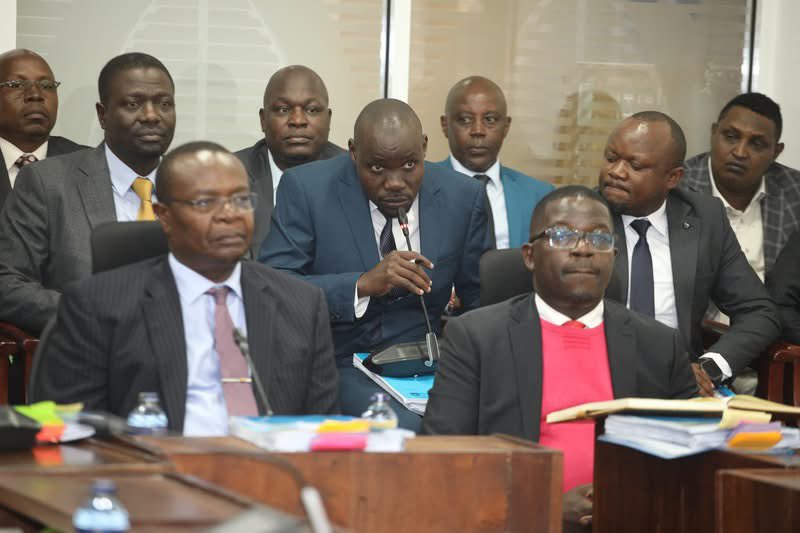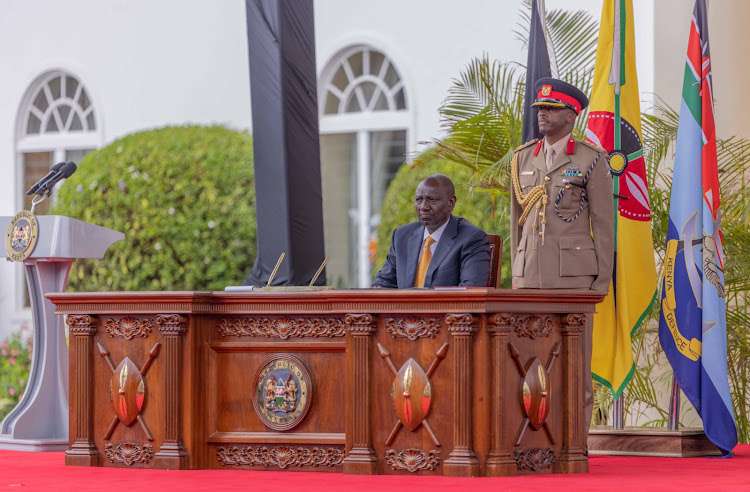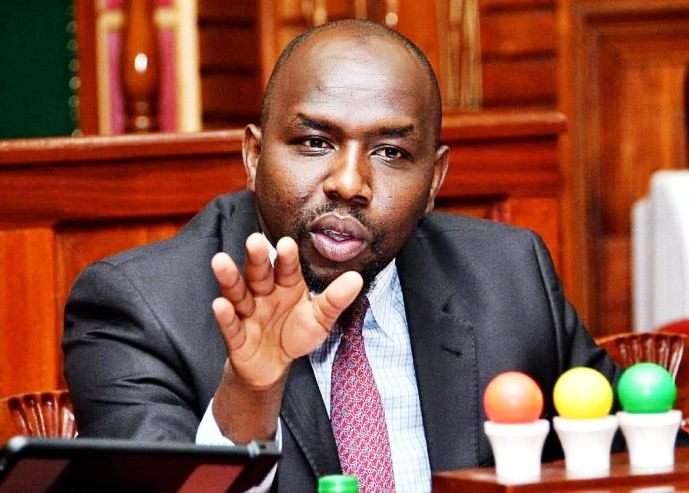Appearing before the Senate County Public Investment and Special Funds Committee, chaired by Vihiga Senator Godfrey Osotsi, Governor Paul Otuoma struggled to justify how his administration, and those before him, advanced millions of shillings in loans without collateral. The loans, flagged by Auditor General Nancy Gathungu in her latest report for the financial year ending June 2024, came from three key funds:
- Busia Agricultural Development Fund
- Busia County Cooperative and Enterprise Development Fund
- Busia County Public Officers Revolving Fund
According to the Auditor General, loans worth KSh67.4 million were issued to various cooperative societies without evidence of security. “In the circumstances, the accuracy, completeness and recoverability of the current portion of long-term receivables could not be confirmed,” her report noted grimly.
The county has managed to claw back just KSh2.8 million, a paltry sum compared to the outstanding debt. The Auditor General warned that the unpaid balances cast doubt on the “going concern” of the fund, suggesting that taxpayers could ultimately bear the burden of reckless lending.
Governor Otuoma admitted that the loans were unsecured, insisting they were inherited liabilities. He told senators that his administration has halted further disbursements until the loopholes in the law are corrected. He further promised reforms, including a credit guarantee scheme and a plan to shift loan appraisal and recovery to financial intermediaries.
But senators were not convinced. Busia Senator Okiya Omtatah pressed the governor on why county employees who benefited from the loans have yet to be disciplined or compelled to repay. “What action has the county government taken against those in office who obtained loans without security or documentation?” he demanded.
Committee chair Osotsi went further, insisting that loan repayments by employees should be deducted directly from their salaries and warning that without an anchoring legal framework, recovery will remain impossible.
Particularly troubling is the KSh53.7 million owed through the Busia Agricultural Development Fund, disbursed not only to farmers but also to county employees, many of whom have not repaid.
This fiasco exposes glaring weaknesses in Busia’s financial management. Public funds meant to empower farmers, cooperatives, and small enterprises have instead been converted into personal windfalls for individuals who may never be held to account. While Governor Otuoma speaks of reforms, the county is already staring at monumental losses.
The bigger question remains: how many other devolved units are running similar schemes under the radar? Unless decisive legal and administrative measures are taken, county funds risk becoming slush pots for insiders, eroding public trust in devolution itself.
[/full]





